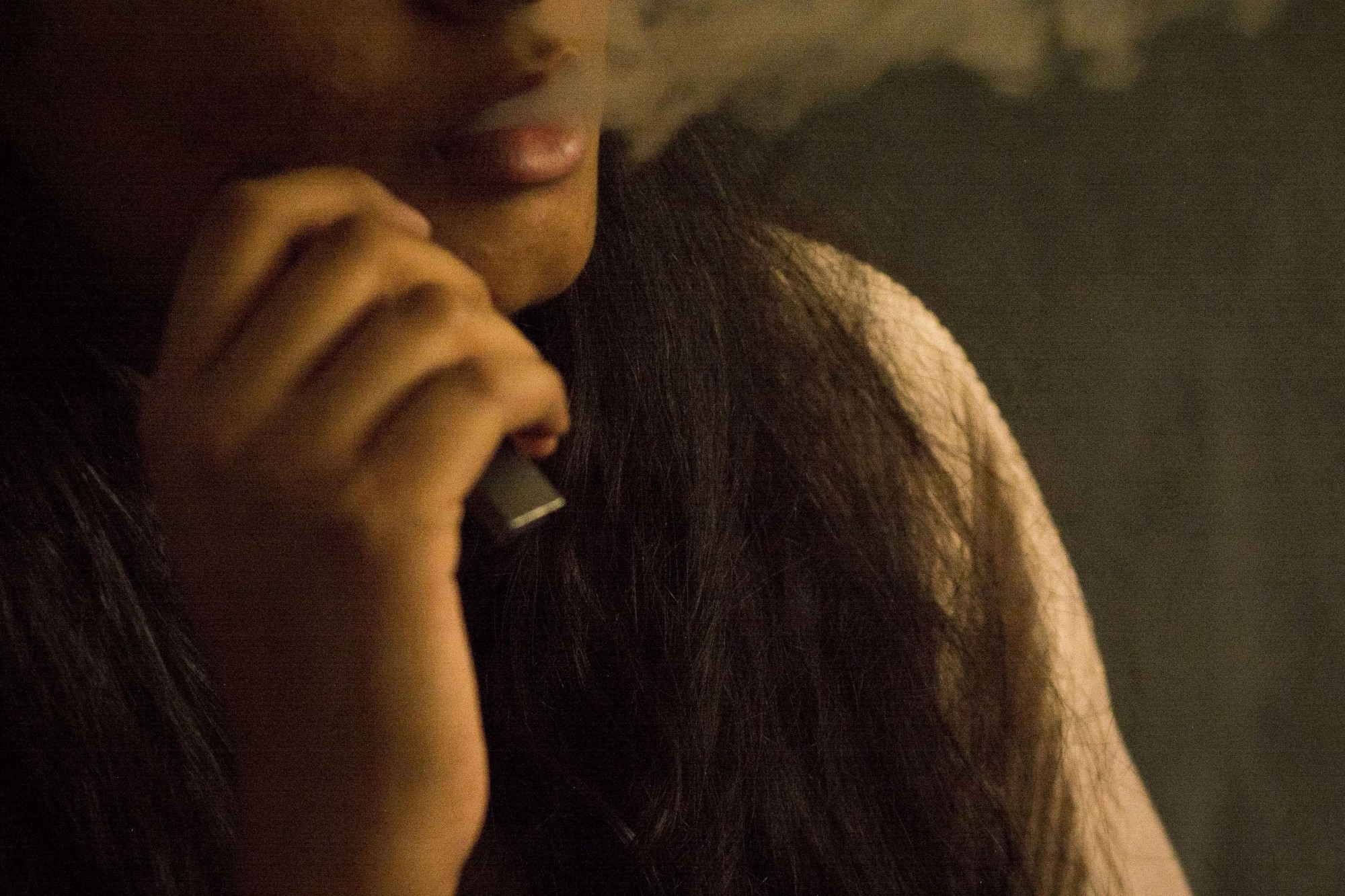In an attempt to curb underage vaping, Minnesota legislators announced plans last month to restrict vape and tobacco products statewide.
Two proposed bills would raise the state’s nicotine minimum purchasing age to 21 and ban flavored vape products. The City of Minneapolis has already adopted 21 as the minimum tobacco purchasing age, but the ban on flavored vape products could deter teenagers from vaping, some students say.
The proposals come after three Minnesotans died from vaping-related lung injuries earlier this year, which lawmakers say gives the measures a new urgency.
Rep. Heather Edelson, DFL-Edina, announced plans to co-author a ban on flavored vape products with Rep. Laurie Halverson, DFL-Eagan, on Oct. 28. Edelson said she sees flavor regulation as critical to reducing vaping among teens.
“Adults don’t necessarily need all these fruity flavors,” Edelson said. “So who are [vaping companies] after? They’re after their next market of who’s going to be their consumer and they’re coming after our kids.”
Sen. Carla Nelson, R-Rochester, also plans to introduce measures that would ban flavors and raise the statewide minimum nicotine purchasing age from 18 to 21. Some municipalities have already adopted older minimum purchasing ages, but the state still needs to act on the issue, Nelson said.

“There’s a point where you don’t want a hodgepodge of different rules in different cities, or different areas or different towns,” she said.
Irina Stepanov, associate professor in the University of Minnesota’s Division of Environmental Health Sciences, said younger users are vulnerable to addiction, making it important to deter vaping among teens.
“We know that the majority of lifelong smokers, they begin before the age of 18 and this is when the brain is most vulnerable to the effects of nicotine in general,” she said.
But Wally Sakallah, owner of Hideaway smoke shop in Dinkytown, said banning flavored vape products and raising the minimum purchasing age will not end underage vaping or tobacco use.
Sakallah said he will still sell flavoring and nicotine separately, which users can then combine.
Sakallah said he would like to see more investment in education and awareness about the health effects of smoking and vaping.
“Put this money in school and education, tell people how to make the right decision. That’s where you start, that’s how you make people stop smoking,” he said.
Along with the proposed regulations, legislators also presented a measure that would require schools to teach about the health effects of vaping.
University junior Simran said she smoked cigarettes before she began using Juul in mid-September, and she quickly became addicted. But news about vaping’s health effects helped prompt her to quit. Because of restrictions on vape products in Minneapolis, Simran requested to be identified only by her first name.
“I could be sitting in my room doing homework, watching a movie, chilling with my friends and I could be Juuling. With a cigarette that’s not possible,” Simran said.
Simran said a flavor ban could push her friends and other students who Juul to use cheaper flavor options like menthol or tobacco or quit vaping.
Sarah Johnston, a shift leader at Hideaway, started vaping as a way to stop smoking cigarettes.
“If they take away flavor juice, a lot of people are going to quit vaping and go back to smoking cigarettes,” she said. “It’s like the lesser of two evils.”










